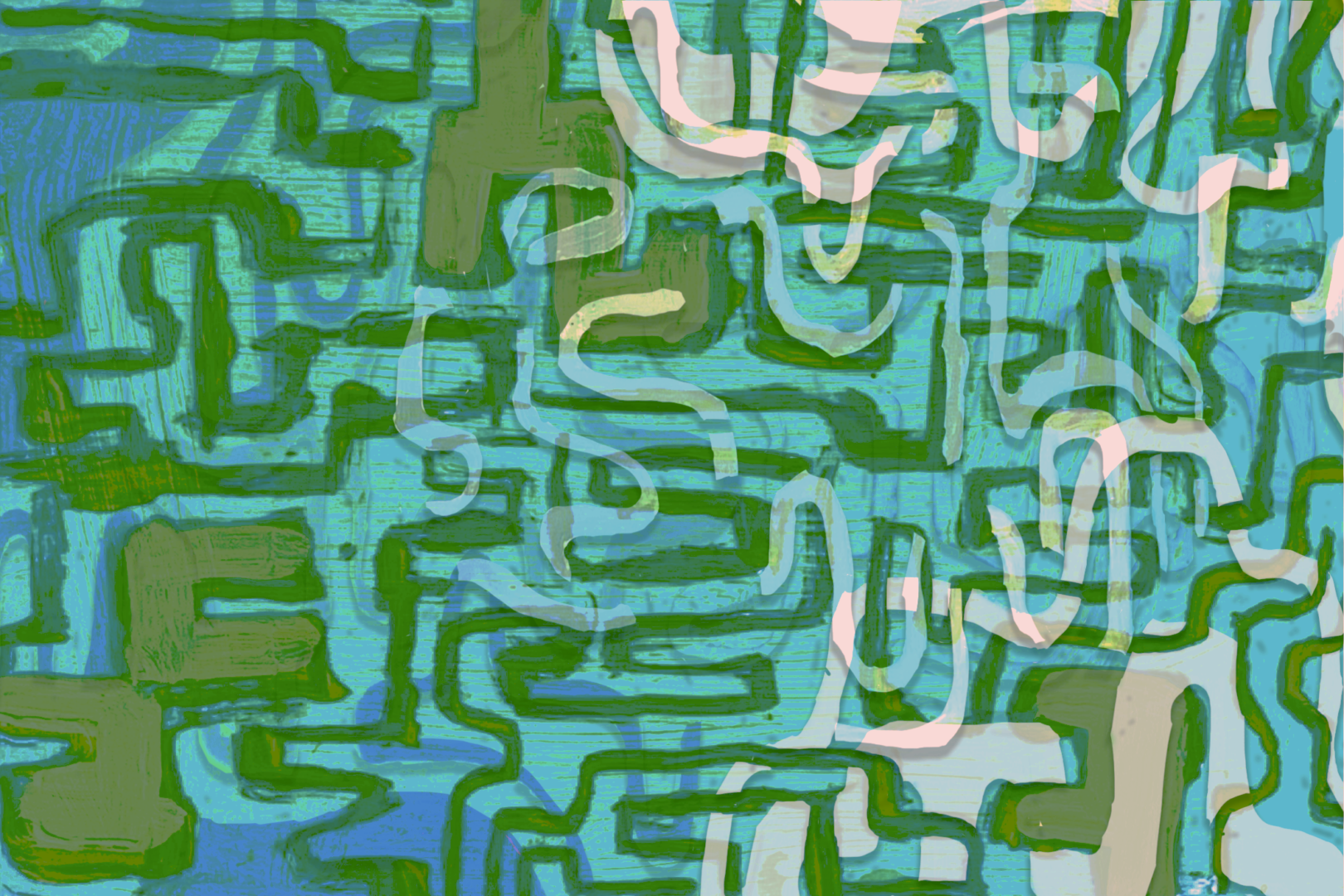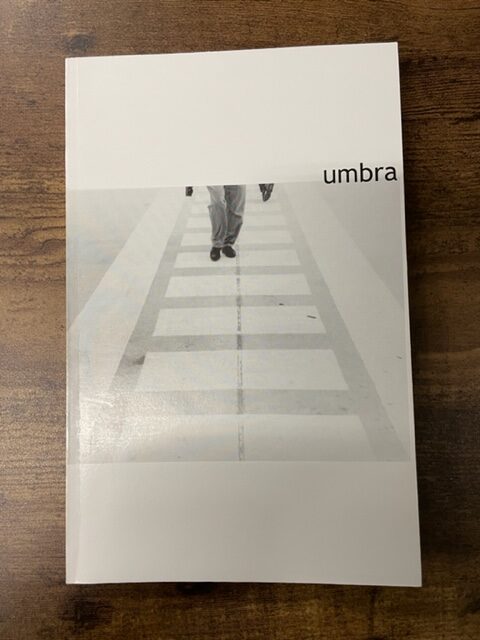
For this special issue of Umbra, we interviewed three NOCCA Creative Writing alums about one of their poems published in a previous edition. We gauged their initial reactions to re-reading their high school poems, asked them about their experience at NOCCA, and other reflections on their work as young poets. We chose E. Gross’s poem “Asthma” from the 2001 issue of Umbra.

I am sitting on a park bench surrounded by dead pigeons, wheezing, and watching a fat caterpillar hobble across the bike path towards its yellow death. The pigeons are fat. I want to kick them. They make me nauseous. Next to me sits a bag of breadcrumbs. I fed some to the pigeons. I used to come here to read to the pigeons but they would never listen unless I fed them. Now they're dead, and I must eat breadcrumbs like communion wafers. I can't swallow. They sit like ashes on my tongue and stick to my teeth. The roar of each breath fills my head— lungs expand but stop, cannot contract. I have a yellow inhaler in my pocket but it is empty now. It didn't help. Now I must pretend I am a log floating down a river, like the allergy self- help books say to do. I tighten every muscle, hold for ten seconds, and release. I always think of rapids—me splintering against the rocks. But they say it helps. At least I close my eyes now to the casualties of spring that litter to the ground.
What was your first reaction to rereading this poem after so many years? Can you reflect on how you feel about the poem now? My first reaction looking back at this poem was that I didn't remember how long it was. Even though I wrote it more than twenty years ago, I weirdly still have parts of this poem memorized, so I thought I still knew it, but actually reading it again (in its entirety) surprised me. As I recall, this was one of the first poems I wrote that I kept working on through several drafts, and the feelings/memories of wrestling with it over many drafts are still with me. This was also one of the first poems in which I allowed myself to be funny/weird in this particular way, and I remember that made it fun to read aloud (and also that it was a helpful poem to start readings with when I was very nervous because having trouble breathing was part of the poem anyway). Do you still connect with the emotions/thoughts you were trying to convey with this earlier piece? Yes--I am still quite asthmatic and frequently overwhelmed by spring, so I still relate to those aspects of the poem. I also notice things in this poem that I would never say now, mostly because I self-identify as a pathological truth-teller. I don't know why this speaker killed the pigeons? or more specifically why teenage me thought that was necessary for the emotional stakes of this poem? But I still hear myself in the emotional crux of this poem--the allergy self-help book really did say that (and it really does help). What class or readings at NOCCA do you think influenced the poem? I worked on this poem for so long that there isn't a particular reading or exercise that stands out in conversation with this poem, but I remember getting a lot out of reading Sylvia Plath's Collected Poems, and I see that influence here in some of the language I use to focus on physical discomfort. I also remember workshopping this poem, because there was a frustrating argument about whether the correct word was "nauseous" or "nauseated." But really I see the work I did on this poem over its many, many drafts as one of the first places I was synthesizing a lot of different observations and conversations about poetry at NOCCA and trying something out. What similarities do you see between "Asthma" and your current work? I continue to write specifically about embodied experiences (thinking about the poems about my back injury in my book). I sometimes try to be funny. I also found an unexpected connection to my current work in the way I use different kinds of breathing to shape the form of the poem. Here, the lines are short and enjambed because the speaker is having an asthma attack. In the libretto I'm working on about an environmental activist orca whale, in my first poem in J35/Tallequah's (whale) voice, I write in syllabic couplets with a longer first line and a shorter second line to mimic the way the whales surface with a long exhale followed by a shorter inhale before going back underwater. So, I'm still interested in the relationship between the line and the breath (especially when breathing feels or sounds different from how we expect it to). Do you have any advice for your younger NOCCA-poet self? Trust your own anxiety and experience. It's more than enough. You don't have to pretend to be Catholic (or kill pigeons) to be a poet.

Elizabeth Gross is a poet and interdisciplinary artist in New Orleans. They are the author of this body/that lightning show, selected by Jericho Brown for the Hilary Tham Collection of The Word Works Press(2019) and DEAR ESCAPE ARTIST, a chapbook in collaboration with artist Sara White (Antenna 2016). Currently, they are working with artists Lee Deigaard and Norah Lovell on Birding in America: an Augury after presenting an initial installation at Staple Goods in the spring of 2021, which examines how people look to birds for signs, and they are also researching the southern resident orcas for a libretto about environmental activist orca whales. They teach interdisciplinary humanities at Tulane and Creative Writing at NOCCA.